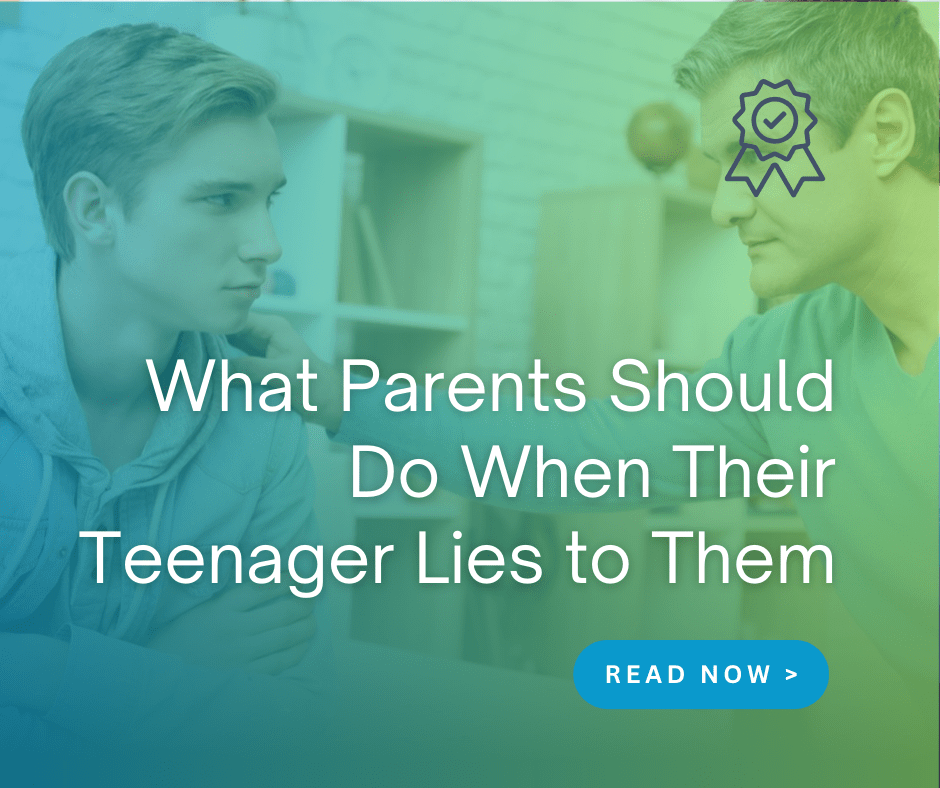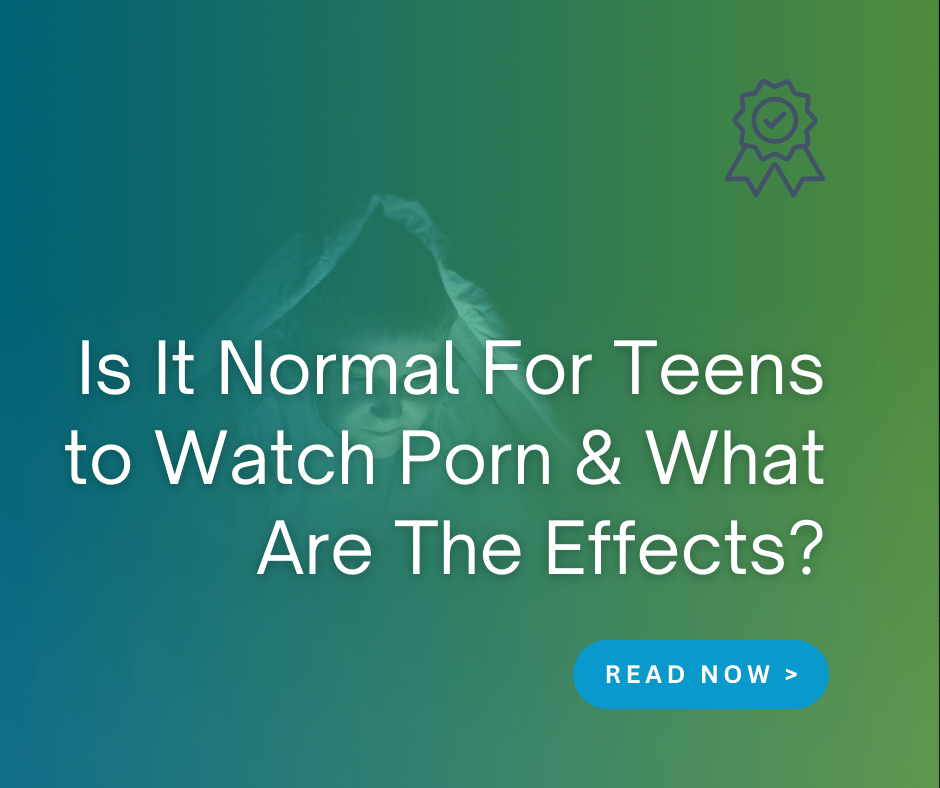Serotonin Affects Impulsivity, Uncontrollable Anger, and Sleep in Teens
Everyone gets angry. Everyone has impulses. And everyone knows that without adequate sleep, they’re more likely to be irritable, snappy, and reactive. When we’re snappy and reactive, the systems in our brain that regulate impulses and moderate anger aren’t functioning properly. In that way, when we’re sleep deprived, we’re like surly teenagers.
This is a side note, but that’s one way parents of teens with anger and impulse control issues can empathize when their teenager gets snappy and reactive. It’s similar to how adults behave when they’re short on sleep. Or when they haven’t had enough to eat. Or both.
But why?
One valid, evidence-based explanation is the role – meaning the relative presence or absence – of the neurotransmitter serotonin.
Quick definition before we continue: neurotransmitters are chemicals that carry messages from one part of the brain to another. They also carry messages throughout the entire nervous system and, via the bloodstream, to different parts of the body.
Neurotransmitters are disproportionately powerful. Deficient or excessive levels of specific neurotransmitters can lead to severe dysfunction in both the brain and body. They’re little strings of protein that have large effects. Neurotransmitters affect how we think, feel, and act – they’re that important.
So what exactly is serotonin?
The American Psychological Association (APA) offers this definition:
“[Serotonin is] a common neurotransmitter in the brain and the central nervous system… Serotonin has roles in emotional processing, mood, appetite, sexual desire and performance, sleep, pain processing, hallucinations, and reflex regulation. For example, levels of serotonin correlate negatively with aggression, and the release of serotonin may promote sleep. It is implicated in many psychological conditions, including depressive disorders, anxiety disorders, sleep disorders, aggression, and psychosis.”
Like dopamine, serotonin affects an array of different functions: from movement to emotion to appetite, serotonin is part of the puzzle.
Serotonin and Teen Behavior: Aggression
In this article, we’ll focus on how serotonin affects aspects of teen behavior important to parents of teens who have anger management and/or impulse control issues. We’ll also talk about the role of serotonin in sleep, and how sleep – mediated by serotonin levels – can also affect anger and impulse control in teens.
First, we’ll address serotonin as it relates to anger and aggression. To be clear, anger is an emotion and aggression is a behavior. This is a prime example of the multifaceted role of serotonin. It’s also an example of an idea we need to keep in mind. Anything we write here will be a simplified description of the complex interplay of brain systems that inhibit (stop) or promote (start) specific moods and behaviors.
Here’s an excerpt from a peer-reviewed journal article called “Serotonergic Contributions to Human Brain Aggression Networks” that explains the relationship between serotonin and anger, complete with neurobiology lingo:
“Aggression is associated with dysregulation in a corticolimbic network. Specifically, a deficient regulation of the amygdala via prefrontal cortex (PFC) areas has been described as a risk factor for aggressive behavior. The PFC-amygdala system supports affective control and regulates aggressive impulses.”
Those words may be fancy but the concepts they describe are not. The corticolimbic network is what connects the rational, decision-making part of the brain – the PFC, or prefrontal cortex – with the emotional center of the brain, the amygdala. Affective control refers to the ability of our rational brain to control our emotional impulses.
A paper published in 2011 sums this relationship up elegantly:
“[Our] findings suggest that when serotonin levels are low, it may be more difficult for the prefrontal cortex to control emotional responses to anger [i.e. aggression] that are generated within the amygdala.”
Next, we’ll talk about serotonin and impulse control.
Serotonin and Teen Behavior: Impulse Control
This gets complex. We measure impulse control – in the real world as opposed to the laboratory – after the fact. Once a behavior is complete, hindsight determines whether it was appropriate or inappropriate. Which, in turn, defines whether the impulse needed controlling. Therefore, we define impulse control, as a concept, indirectly. We also measure it in relation to a specific behavior. In addition, various factors affect whether a behavior is impulsive or rational, including social constructs of acceptable levels of aggression. Finally, the presence of a mental health disorder – which may or may not be related to serotonin levels – has a direct impact on the ability of a teenager to regulate a behavior driven by a mood or emotion.
Here’s how the authors of the paper “Violence and Serotonin: Influence of Impulse Control, Affect Regulation, and Social Functioning” describe these relationships:
“Strong emotional states or faulty emotional regulation often accompany the violence that is described as impulsive. It would seem that impulses are more likely to result in aggression when they are emotionally triggered. Affective states, such as depression or anger, can magnify the intensity of the underlying impulse that moves the person to action. They may also diminish reflection in the decision-making process that would inhibit action.”
Knowing and understanding these various factors means it’s not entirely accurate to say something like “low serotonin causes poor impulse control.” On the other hand, it’s not entirely inaccurate, either, because pTeens with low impulse control may also have significantly low levels of serotonin in key brain areas related to rational decision-making, risk-benefit analysis, and emotional regulation.
Teens and Impulse Control: Complicating Factors
The confounding elements are important to consider. For instance, a teen with depression may feel negative emotions so powerfully they overwhelm what typical levels of serotonin might regulate in a teen without depression. Likewise, a teen with a disruptive-type disorder, such as conduct disorder (CD), disruptive mood dysregulation disorder (DMDD), or oppositional defiant disorder (ODD), might have emotions so powerful they overwhelm what typical levels of serotonin might regulate in a teen without a disruptive/anger management-type disorder.
There’s one final topic to consider: the role of sleep as it relates to serotonin, anger, and impulsivity.
Serotonin and Teen Behavior: Sleep
Getting a solid seven hours of sleep a night – for adults – is essential for general health and wellbeing. Getting eight to ten hours of sleep a night – for teens – is also essential for general health and wellbeing.
If we’re being honest, very few adults or teens get the sleep they need for optimal physical, emotional, and cognitive function.
Almost all of us operate at a deficit, or sorts. While that’s beside the point, we should keep that in mind: one thing we can all do to improve health and wellbeing is get the sleep we know we need. And – this is in line with our point – adequate levels of serotonin promote adequate levels of sleep. How serotonin promotes sleep is complicated and interesting. Here’s how one researcher explains it:
“There are two main factors that control sleep. One is the circadian clock. The other factor is called homeostatic sleep pressure. When you wake up in the morning, you have just gotten rest, and so you’re energetic. As the day goes on, you get tired and sleepy, so there is a building of pressure to sleep.”
The release of serotonin is one method our brains build up sleep-pressure, which causes us, eventually, to fall asleep.
But how does sleep affect anger and impulse control?
Experts on sleep, behavior, and mental health understand the reason we need adequate sleep is because sleep plays a role in the physiological systems that regulate hormones like cortisol, insulin, ghrelin (hunger hormone), and testosterone – among others.
Dysregulation of these systems – and the hormones they control – can cause problems, like those we list below.
The Effects of Sleep-Related Hormone Deficiency
- Mood swings
- Memory problems
- Impaired cognition
- Impaired immune function
- Weight gain
- Increased risk of high blood pressure
- Increased risk of diabetes
Mood swings and impaired cognition mean that disrupted sleep directly affects emotions like anger. It also impairs the ability to regulate emotions with rational thought, i.e. cognition. The rest of those problems are self-explanatory. For teens, what this implies – when combined with the information presented above – is that the neurotransmitter serotonin plays a significant role in almost all the physical, psychological, and emotional changes that characterize adolescent development. That’s not to say serotonin is a driver of adolescent development, but rather, that serotonin deficits can impair their ability to:
- Control anger
- Manage impulses
- Fall asleep
The presence of a mental health disorder or behavioral disorder such as depression, anxiety, conduct disorder (CD), disruptive mood dysregulation disorder (DMDD), or oppositional defiant disorder (ODD), further complicates the situation. The emotions related to these disorders can overwhelm typical serotonin levels. They also correlate with decreased or impaired serotonin production. That’s a one-two punch that makes it difficult for teenagers, especially those with a mental health or behavioral disorder, to stay balanced and achieve optimal function in their home, school, and social lives.
How This Knowledge Helps Parents
Let’s return to the beginning of this article. Imagine yourself as sleep-deprived and stressed out. Imagine how that feels. As we mention above, most stressed out and sleep-deprived adults are cranky, irritable, and reactive. They’re also typcially one step behind in terms of making good decisions that rely on the smooth functioning of their prefrontal cortex. Remember: the prefrontal cortex regulates emotion, impulses, and helps rational decision-making. Deficits in serotonin impair all these abilities – abilities we rely on every day to get through the day.
Now, if we follow the logic of the evidence we present here, that mental state – sleep deprived and stressed – might just be similar to the mental state a teenager with serotonin deficiencies finds themselves in all the time. The serotonin deficiencies may be the result of a mental health disorder, the result of impaired development, the result of poor sleep, or all of the above.
What we want is for parents to understand how this must feel – and understand that they can, indeed, relate.
What we also want parents to understand is that professional mental health treatment – which may include medications like serotonin reuptake inhibitors (SSRIs) that increase levels of serotonin in the brain – can help teens learn to manage those difficult emotional states and rediscover balance in their lives.
The final takeaway: if your teen is angry, irritable, and has impulse control problems, evidence indicates there may be one chemical – serotonin – that plays a role in all their emotional and behavioral challenges. This can help you, as a parent, understand what they’re going through. We all know what serotonin deficiency feels like. This also reinforces the fact that treatment can help your teen learn to manage their emotions, regulate serotonin, and control the impulses that make adolescence so difficult and challenging.












